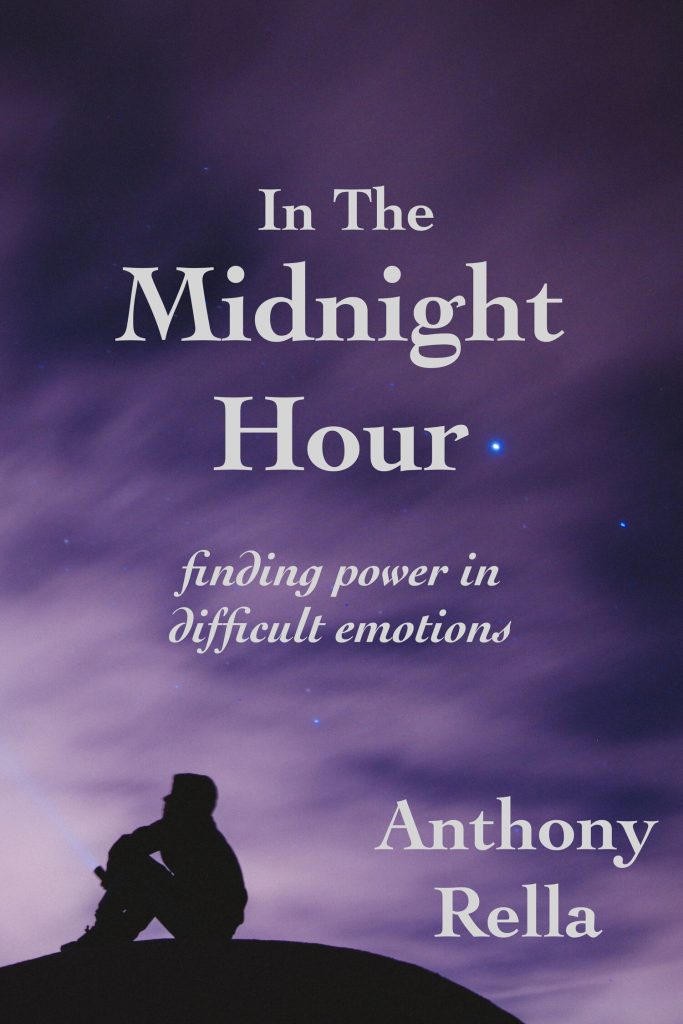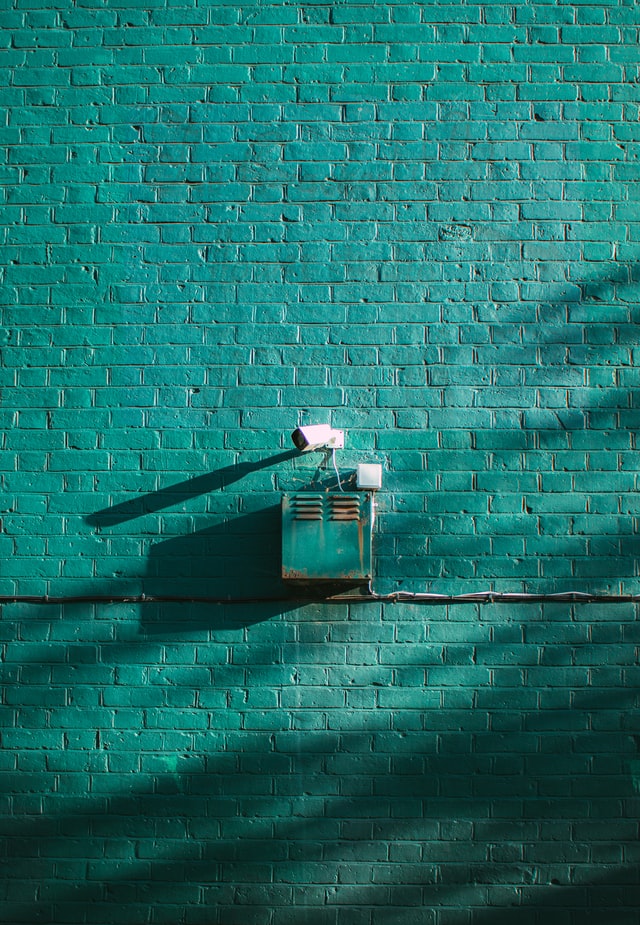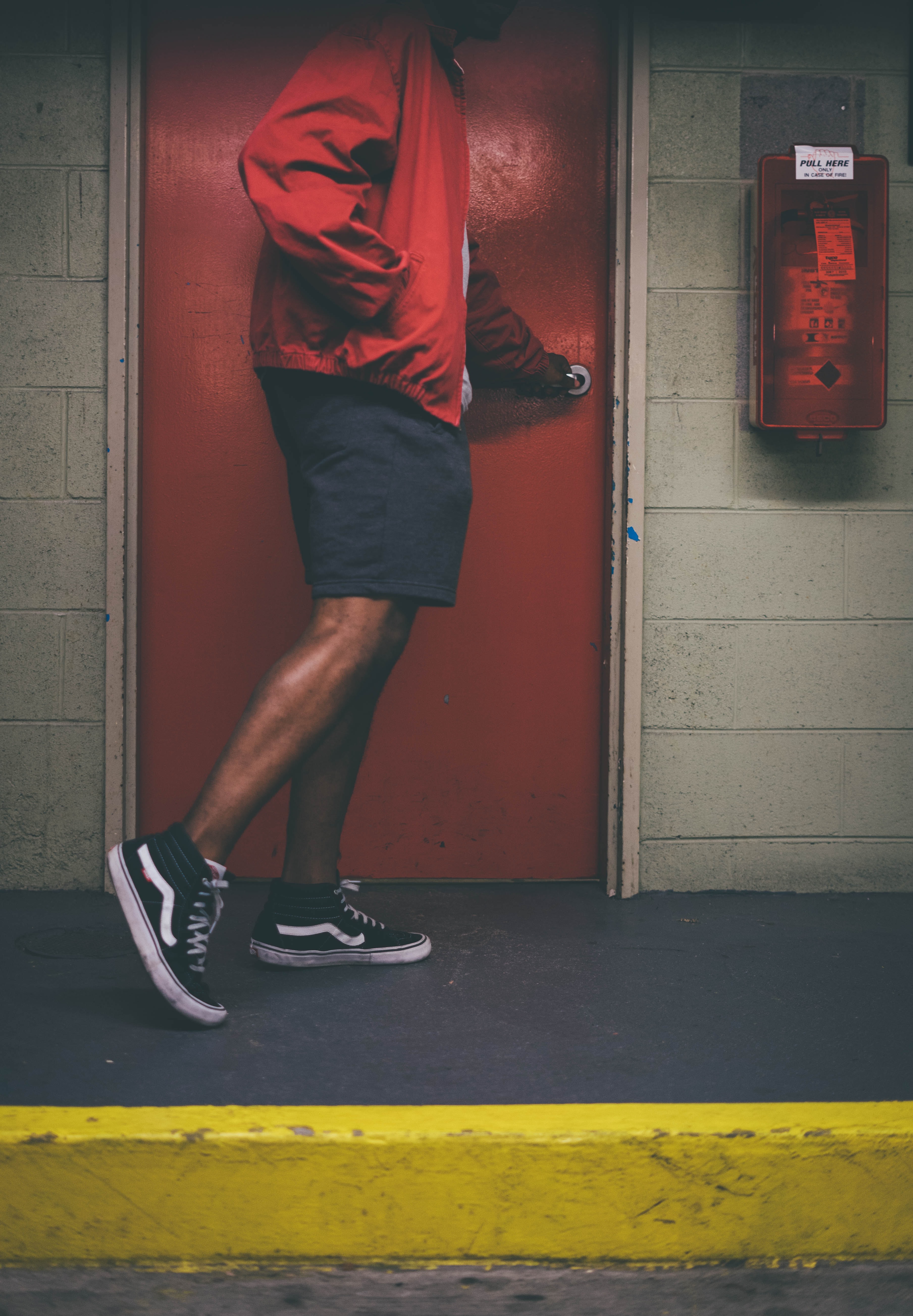Introduction: Stigma
In the course of therapy, sometimes we reach a point in which one’s mental and emotional struggles are so overwhelming that it’s time, or past time, to consider the option of taking psychiatric medication. When I was growing up, psychiatric medication experienced a sort of revolution with the popularization of antidepressants such as Prozac and treatments for ADHD such as Ritalin. As is often the case when new technology and medication bursts onto the scene, some people run toward it with great enthusiasm, while others wring their hands in fear over what it will do to us as a species.
When I was a depressed teenager considering medication, I listened to those arguments and my older Internet friends who passed their concerns along to me, and it made me resistant to trying. The fears they expressed, which I sat with, were that psychiatric drugs would strip us of our individuality or turn us into numb little sheep incapable of producing anything creative, beautiful, original, or courageous. Other concerns were that treating depression with medication put the blame solely internally—that it was me and my bad attitude that was the problem, not my circumstances.
Fortunately, psychiatric medication has increasingly lost its stigma over the years and become more normalized, but these fears and concerns persist, and they often show up when people deep in their emotional suffering are invited to explore taking medication as an option.
Before I go further, I want to clarify that I am a Master’s-level mental health clinician with no training in prescribing medications to care for mental and emotional distress. Thus I am not able to advise you on whether you should take medications or what to take. I can provide certain factual data supported by scientific evidence. And I can support you in how you think about and decide whether to take medication.
As I’ve gone through my own journeys as a person and a therapist, I continue to think there are legitimate questions and skepticism around the psychiatric model of care, and at the same time there are very clear merits to treatment that should not be dismissed outright. When one is deep in emotional turmoil, stuck for a long time, there is no shame in taking medication as a part of one’s treatment plan. Psychotherapy is about learning to swim in the waters of the soul, but if you’re drowning, that is not the time to learn how to swim. The priority is to stop drowning.
Yet concerns persist for those considering it: Am I becoming dependent on a bunch of chemicals? Will I lose what makes me me? Will I become numb and disconnected from reality? Am I betraying my authenticity?
Concern: Chemicals
A contradiction often unacknowledged by those concerned about becoming dependent on medication, often voiced as “chemicals,” is that they usually are already using substances to deal with their mental and emotional problems. Indeed, they’re often using drugs and alcohol, or behaviors like sex, shopping, gambling. What they’re not using are drugs prescribed by a trained physician or nurse practitioner, in an accountable and collaborative relationship.
The concern about putting chemicals in one’s body may be a gloss over more nuanced concerns, but on its face it is incomplete. We are always putting chemicals in our body. Our mood and thoughts are shaped as much by the food we eat and the water we drink as they are by whatever else we put in our bodies.
The irony is how often these unprescribed drugs reinforce and complicate problems. Alcohol is a depressant, but one frequently turned to by depressed people. Methamphetamines and opioids are chemicals that some bodies need support manufacturing, but taking them ad hoc from your friend behind the gas station is quite a different experience than taking them in a collaborative relationship with a prescribing physician who is informed about the secondary effects they may have on your body.
Within these concerns is I think a mistrust of pharmaceuticals as “manufactured” or corporate-promoted chemicals with a bias toward “natural” things as being intrinsically better for us. About this, conversations are being had. But we may also again not notice the contradictions and unexamined assumptions we make. What does “nature” really mean? What does it mean for something to be processed or synthesized? Fermentation is a natural process, but alcohol in the form we consume it is not found in the wild. Nicotine is a plant whose overconsumption can really hurt our lungs and hearts, and depending on the brand of cigarettes, it may get paired with a whole host of other chemicals.
Nature is a place of wonder and majesty, and a great deal of the natural world is fatal to humans. Our whole experience has been about navigating this ongoing tension, finding ways to make a safe place for ourselves and transform nature into what benefits us.
Concern: Authenticity
It is so strange that having mental or emotional distress often requires us to become little philosophers grappling with the big questions when all we may want is to get through the day without a panic attack. Who am I? What is authenticity? Am I my mental illness?
Increasingly the word “authenticity” feels unhelpful to me, for I experience all of us as tiny worlds of rich, diverse, and contradictory parts of self. At the same time, there is something true about it. We can feel when we are not being ourselves—when all of our relationships are based on a facade that feels exhausting to maintain. When we are hiding from everyone in our life something true about ourselves, something about which we feel shame. That shame-based hiding of parts of self is I think what authenticity points toward. It’s not that the facade is not who I am, but it is only one part of me, and every part of me wants to be loved.
I’ve noticed that this fear around losing authenticity seems particular to people suffering mood disorders such as depressive or Bipolar conditions. Very few folks experiencing intense anxiety and panic tend to identify with those parts of themselves in a protective way. Nevertheless, there is something about these mood states that do feel important, valuable, and sometimes the idea of medicating feels like abandoning those parts of us.
This is a concern worthy of holding in awareness and paying attention to while you’re trying medications. It’s not one with a simple answer, but one that can only be explored by trying and staying in relationship with your care providers. In some cases, I’ve observed people feeling like the medication helps them to be more of themselves—they start to see how their manic or depressive parts took so much oxygen that there was little space for other parts of them. In some cases, folks seem to feel they can hold their moods more effectively, but the moods do not totally go away. In some cases, people feel numb and detached and decide this is a sign the particular medication is not right for them.

Concern: Agency
Given our unique histories with authority, mental health providers and medical caregivers, we may not trust them to act in a way that’s collaborative and supporting our own health goals. We may fear that they’ll medicate us in a way that makes us numb, placated sheep, trying to kill our uniqueness and originality.
These concerns are not irrational, and your concerns and desires should be included in any relationship you have with a health provider. If you are working with a medical provider you do not trust to listen to you, take your needs seriously, and support your health goals, then you have every right to be suspicious. I hope you are able to address that with your provider or find someone who is a better fit.
It is appropriate to have some skepticism of any treatment. Assuming any kind of therapy or practice is the solution to all your problems is itself a big problem. At best, this ungrounded hope sets you up for disappointment that may lead you to give up too quickly when things get hard. At worst, the attitude makes you susceptible to snake oil peddlers and cult leaders willing to exploit your suffering for their profit and ego.
Concern: Independence
Trying psychiatric medication complicates our notions of independence in a few ways, one of which was addressed in the topic of “Agency” with regard to collaborating with medical providers versus deciding for one’s self what to do.
The other complication is, I think, rooted in a Western notion of the ego that is incomplete. We have this bias of thinking that “Who I am,” my uniqueness, is this specific quality that needs to be protected from the devouring forces of the external world. On the other side of this idea is a fear that becoming dependent on something we cannot make ourselves, like a drug, means that we’ll be helpless and easily victimized.
It’s very humbling to consider the possibility that our very experience of reality and truth may be determined by factors we cannot choose and manage alone, like our neurobiology, our diet, our environment, political realities, emotional contagion from the people around us, the historical age in which we live, our culture. If you believe in spiritual realities, you might add a whole host of other unconscious and unchosen influences.
With all that we’ve been learning about the body and the Self in the past century, it’s clear to me that the Self is ecological, a microbiome within larger biomes. We’re a meatsack with a running nervous system, but we also house all manner of bacteria in our digestive system that weren’t made from our bodies or our DNA. And if they’re not doing well, they can really affect our mood. And without them, we’re screwed.
For some, taking a psychiatric medication feels like an admission of defeat. They believe that strength and self-control means being able to dominate one’s mental and emotional states through sheer internal will. Yet I believe this to be a distortion of the nature of will. Will is more about how we do things than what we do. To decide to take a medication to offset the brain’s tendency to absorb too much serotonin, for example, is an act of will. It is making a conscious choice to utilize one’s available options toward one’s own goals, and requires consistent practice and follow-through.
Conclusion: Health
One aspect that becomes clear in these conversations is the painful way that morality gets blended with health, diminishing both. When we make the choice to use medication or not a commentary on our moral worth or virtue, we are in a bind that ironically means we care more about others’ judgments of us than our own wellbeing.
If it works for you, if it makes your life better and moves you toward your health goals, who cares? That person who is judging you for needing medication? What do they know? Do they have to live with your brain every day?
Illness is a natural state of the body, and much is beyond our control in terms of what tendencies we inherit toward physical and mental or emotional health. “Healthy” has become another word we substitute as a moralizing judgment on behavior, with rarely any clear foundation in science or grounded in the context of the individual’s actual health needs.
There is no objective criteria for “health” that is universally agreed upon, and seeking such may not be useful. What is useful is identifying your health goals, and using those to evaluate what supports and interventions move you toward them. If you are satisfied with your health, then whatever structures you set up are working for you, whether that’s eating vegan and jogging daily, or whether that’s seeing three different therapists a week and taking meds twice a day.
If your goal is to not think about suicide every day, you could try all kinds of things, including medication. There’s no one answer. For some people, certain medications increase suicidality, so that outcome would be unhelpful. Maybe it turns out taking dance classes was the better move. Maybe it turns out all you needed was Prozac for a few months. Maybe you just need a space away from oppressive assholes and be surrounded by people who love you. Maybe you need all of these things and medications.
You get to decide what your health goals are, and you deserve to work with people who will help you think through all your options and find the right choices that work for you. Unfortunately, that can be a long process of trial and error even under ideal circumstances, and just the process of putting together a good health team may be a challenge.
Whether you choose to try medication or not is your decision, but let it be your decision. Let it be an option that you consider fully.









